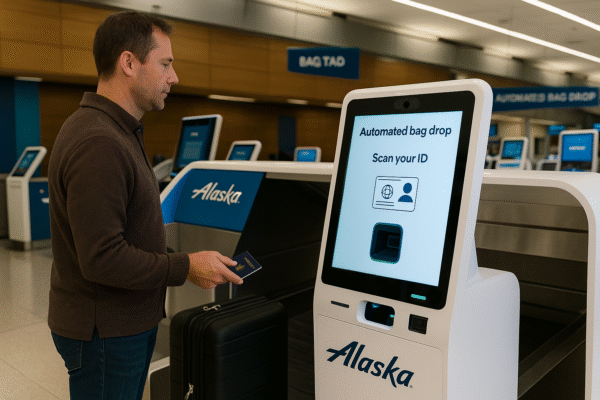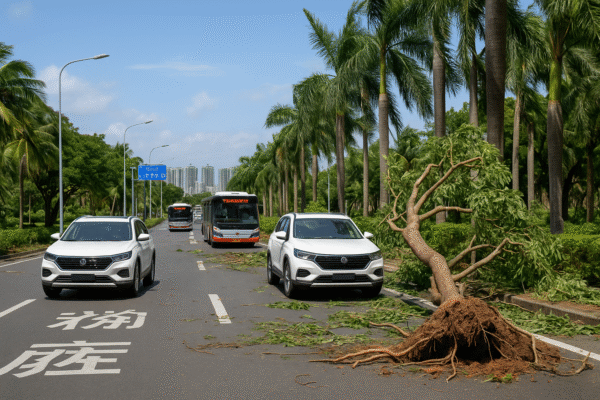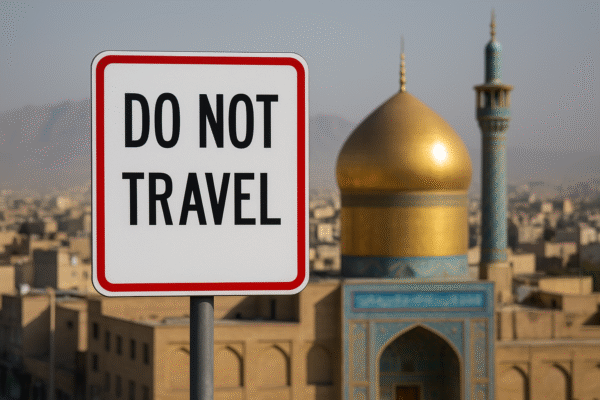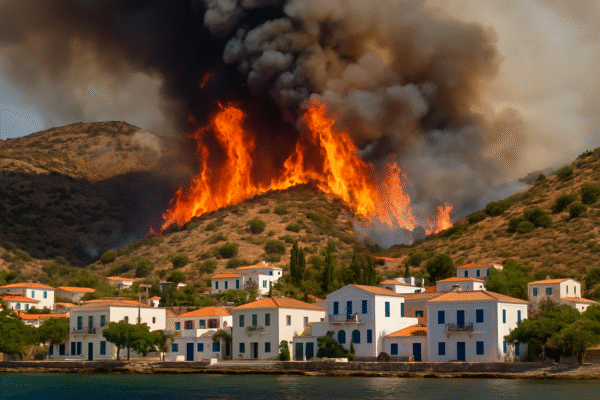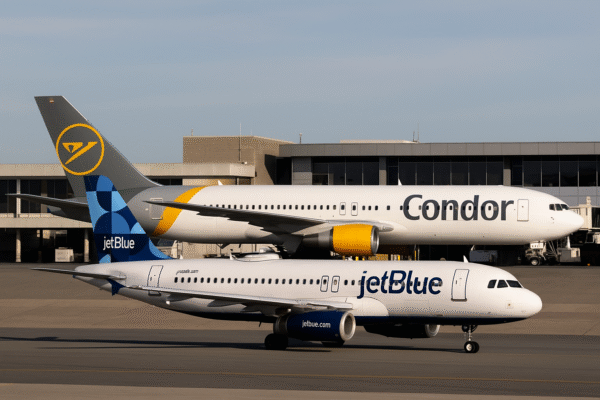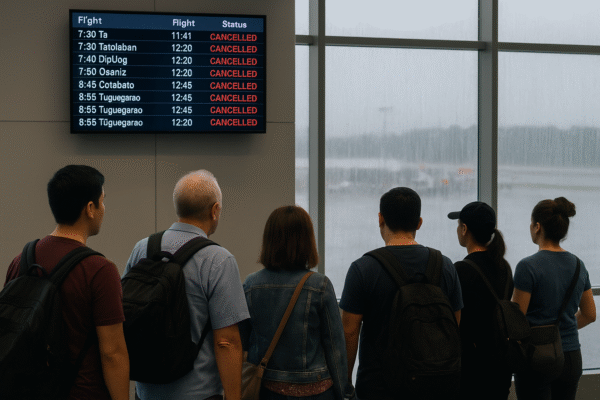Australia’s Department of Foreign Affairs and Trade (DFAT) has expanded its global travel advisory list, issuing new alerts for countries that include Austria, South Korea, Norway, Poland, Denmark, Portugal, and more. This move signals growing concern over escalating security risks, health hazards, and environmental threats in these regions.
Official Alert Overview
According to Travel & Tour World, the alerts cover a range of risks—from increased likelihood of terrorist incidents and growing geopolitical tensions to health threats like dengue fever, civil unrest, and extreme weather events.
DFAT’s Smartraveller platform independently categorises many of these destinations—such as Austria, South Korea, Norway, Poland, Denmark, Portugal, Sweden, and Malta—as “Exercise normal safety precautions,” reflecting current risk assessments as of mid-August 2025.
Country-Specific Travel Tips
Austria
Although often seen as a stable travel destination, Austria now faces heightened terrorism-related concerns. Smartraveller explicitly points to recent arrests tied to planned attacks, including one in Villach in February 2025, urging travellers to stay alert in crowded areas like festivals, public transport, and tourist hotspots.
Outdoor enthusiasts should also heed warnings about avalanches, flash floods, and mudslides in Alpine regions. Moreover, the upcoming European Entry/Exit System (EES), launching October 12, 2025, will require biometric registration for non‑EU visitors—including Australians—potentially increasing border delays.
South Korea
The Australian advisory highlights South Korea as a “Quarantine Inspection Required Area” due to dengue fever concerns. Travellers must register via the Korean Q‑code system or complete health screenings upon arrival. Meanwhile, underlying geopolitical tensions on the Korean Peninsula continue. Emergency drills are common, and while general crime remains low, caution is advised around nightlife hotspots known for isolated incidents like drink-spiking.
Northern and Western Europe
In countries such as Norway, Denmark, Portugal, Sweden, and Malta, elevated terrorism alerts and reports of petty crime—including pickpocketing and bag-snatching—have prompted travellers to remain vigilant, particularly in crowded urban settings and transport hubs.
Poland & Czech Republic
For Poland, alerts also warn of social unrest and proximity to Ukraine, urging visitors to avoid demonstrations or border regions where unexploded landmines may be present. Similarly, in the Czech Republic, growing concerns about rising crime and theft in Prague’s tourist districts call for caution when using ATMs or navigating crowded streets.
General Guidance for Travellers
- Stay informed: Regularly check Smartraveller for real-time travel advice tailored to each destination.
- Register your travel: Use ORAO on Smartraveller to register so DFAT can contact you in case of emergencies, especially critical in places like South Korea.
- Plan ahead: Be prepared for new border procedures (like Austria’s EES), mandatory health checks, and changing safety conditions.
- Maintain vigilance: Follow local advisories, avoid crowded areas during protests or festivals, stay alert in public spaces, and protect personal belongings.
Why These Alerts Matter Now
As international travel rebounds, DFAT is adjusting its advisories to reflect current global dynamics. The inclusion of traditionally lower-risk nations points to a nuanced landscape: rising geopolitical friction, health challenges like dengue, natural disasters, and even crowd-management issues are prompting Australia to act proactively in safeguarding its citizens abroad.
Final Thoughts
While destinations such as Austria, Portugal, and South Korea remain deeply appealing for their culture, scenery, and hospitality, these updated alerts remind travellers not to underestimate emerging risks. By staying informed, flexible, and cautious, Australians can continue exploring the world—and doing so safely.
For more travel news like this, keep reading Global Travel Wire


